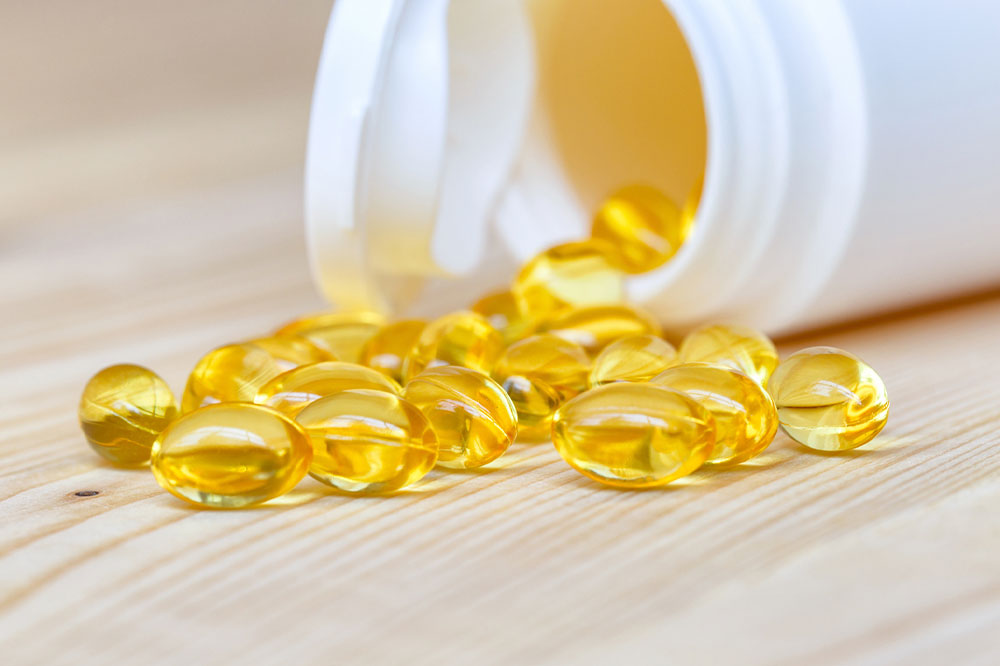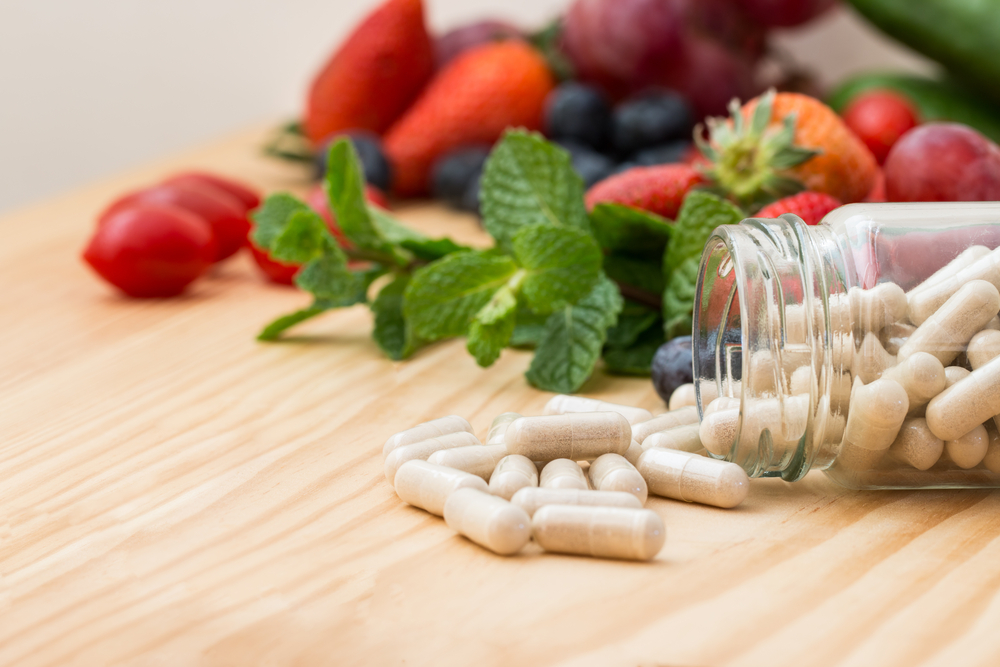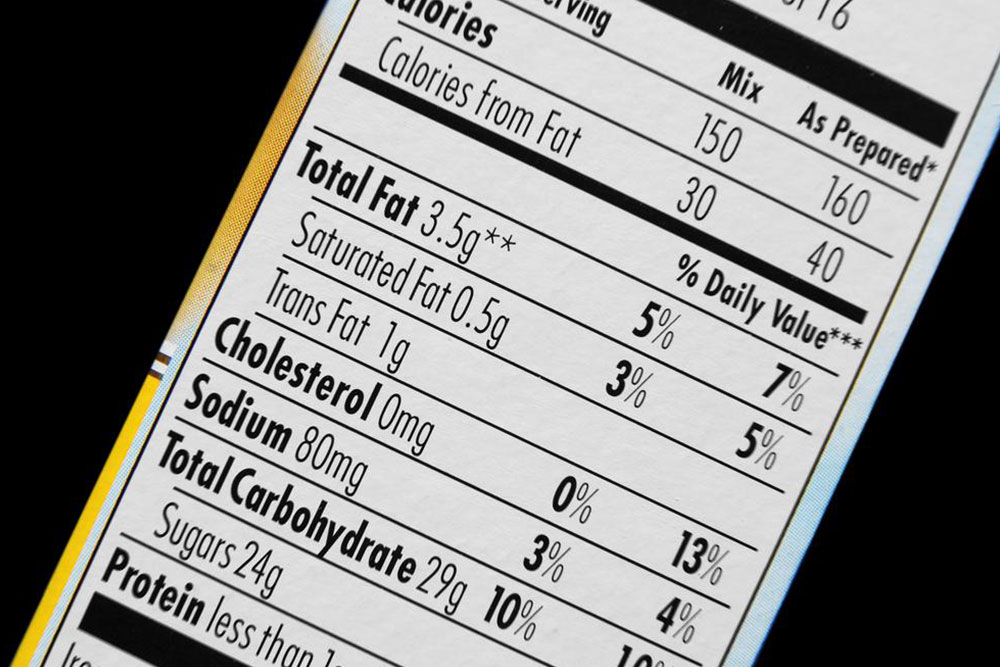Essential Insights into Vitamins and Dietary Supplements
Discover essential facts about vitamins and supplements, including their types, benefits, deficiencies, and how to choose the right supplements for your health. This guide helps you understand the importance of proper vitamin intake and safe supplement use to support overall well-being.

Understanding Vitamins and Nutritional Supplements
Vitamins are organic compounds obtained through specific foods that are vital for the body's proper functioning. A deficiency can make the body more susceptible to illnesses. While a balanced, nutrient-rich diet mostly meets these needs, sometimes supplements are necessary to fill gaps. This article highlights key facts about vitamins and supplements.
Key Facts About Vitamins and Supplements
There are 13 recognized vitamins, each with various supplement options. Here are some essentials:
Vitamin A / Retinol
Important for eyesight, this fat-soluble vitamin is found in carrots, pumpkins, dairy products, and more. Deficiency can cause night blindness. The recommended daily intake (RDI) is 700 mcg.
Vitamin B1 / Thiamine
This water-soluble vitamin enhances energy and is present in cereals, oranges, and vegetables. Deficiency can lead to beriberi. RDI is 1.1 mg.
Vitamin B2 / Riboflavin
Crucial for metabolism, found in bananas, dairy, and green beans. Deficiency causes inflammation and fissures. RDI is 1.1 mg.
Vitamin B3 / Niacin
Supports cell health, available in broccoli, nuts, and lentils. Deficiency leads to Pellagra. RDI is 14 mg.
Vitamin B5 / Pantothenic Acid
Maintains energy levels, sourced from grains and avocados. Deficiency causes numbness or paresthesia. RDI is 5 mg.
Vitamin B6 / Pyridoxine
Essential for red blood cell production, found in bananas and nuts. Deficiency may cause anemia. RDI is 1.3 mg.
Vitamin B7 / Biotin
Involved in keratin synthesis and metabolizing nutrients. Found in spinach and broccoli. Deficiency can cause dermatitis. RDI is 30 mcg.
Vitamin B9 / Folic Acid
Critical for DNA synthesis and fetal development, present in leafy greens and grains. RDI is 400 mcg.
Vitamin B12 / Cyanocobalamin
Necessary for nervous system health; found in dairy and fortified cereals. Deficiency causes neurological issues. RDI is 2.4 mcg.
Vitamin C / Ascorbic Acid
Supports immunity and tissue repair, abundant in citrus fruits and vegetables. RDI is 75 mg.
Vitamin D / Ergocalciferol
Crucial for bone health, primarily obtained via sunlight; limited dietary sources. RDI is 15 mcg.
Vitamin E / Tocopherol
Acts as an antioxidant, protects cells, sourced from nuts and oils. RDI is 15 mg.
Vitamin K / Phylloquinone
Essential for blood clotting, found in figs and parsley. Deficiency can lead to bleeding disorders. RDI is 90 mcg.
Vitamins vs. Supplements
Vitamins are naturally-occurring compounds found in foods, while supplements are manufactured forms either synthetic or natural. Vitamins support metabolic enzymes; supplements enhance bodily functions like energy or growth. Excess intake can be harmful; deficiency, however, can cause health issues.
Selecting Appropriate Supplements
Consult healthcare professionals before use, especially for specific health needs or stages like pregnancy or old age. When choosing supplements:
Discuss with a medical expert.
Consider your health condition and medication interactions.
Check labels for recommended daily values and ingredients.
Opt for products approved by regulatory agencies.










